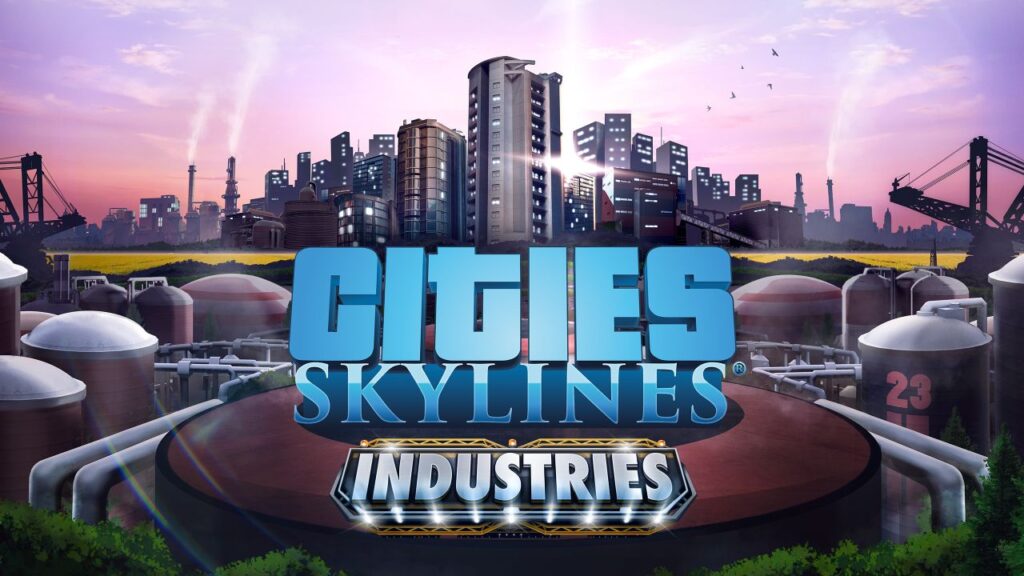Introduction
The integration of Industry 4.0 and smart technologies has brought significant advancements to various sectors, including urban development. In the popular city-building simulation game Cities Skylines, players have the opportunity to explore and implement these cutting-edge technologies to create efficient, sustainable, and intelligent cities. This article delves into the intersection of Industry 4.0 and Cities Skylines, highlighting the role of smart technologies in shaping the future of urban landscapes.
Smart Technologies in Cities Skylines
Cities Skylines embraces the concept of smart cities, integrating various technologies to enhance the functionality and sustainability of virtual urban environments. Players can implement smart grids, intelligent transportation systems, and advanced infrastructure networks. These technologies enable efficient resource allocation, traffic management, and eco-friendly practices. Additionally, players can leverage data analytics and predictive modeling to make informed decisions and optimize city operations.
Enhancing Efficiency and Sustainability

The integration of smart technologies in Cities Skylines brings several benefits, particularly in terms of efficiency and sustainability. With smart grids and energy management systems, players can monitor and optimize power distribution, reducing energy waste and carbon emissions. Intelligent transportation systems enable the efficient flow of traffic, reducing congestion and improving mobility. Furthermore, the implementation of eco-friendly infrastructure, such as renewable energy sources and waste management systems, promotes sustainability and environmental consciousness.
Conclusion
In conclusion, the integration of smart technologies in Cities Skylines exemplifies the potential synergy between Industry 4.0 and urban development. By leveraging data analytics, IoT, and automation, cities can enhance their efficiency, sustainability, and livability. The integration of Industry 4.0 principles in urban planning and management opens new avenues for smart cities to thrive in the digital age, improving the quality of life for citizens.

